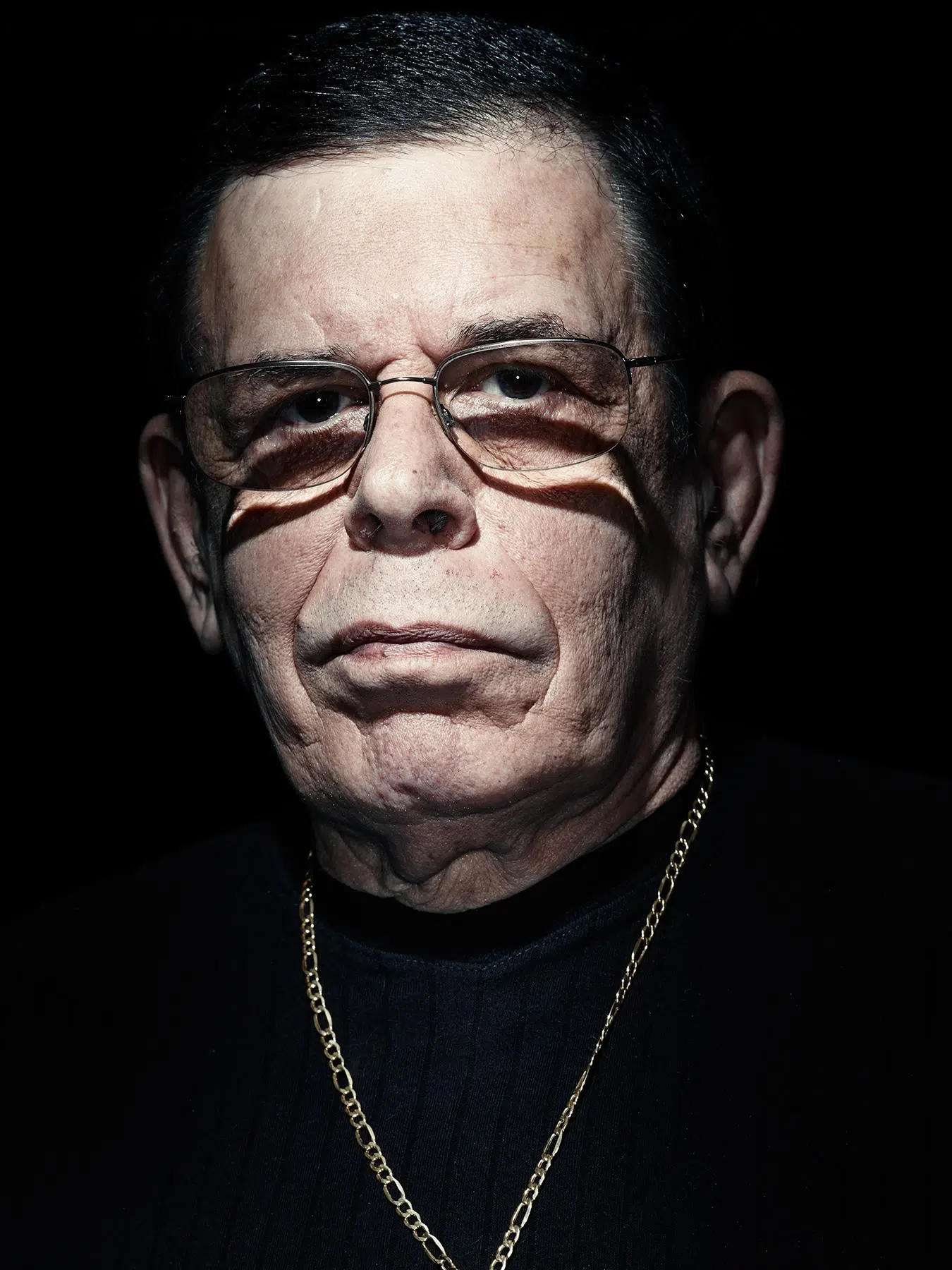By Oliver Griffin
BOGOTA (Reuters) – Hundreds of thousands of Colombians braved lengthy lines on Friday to take advantage of a one-day lifting of sales tax, even amid a coronavirus quarantine and nearly 10,000 new confirmed infections in just five days.
The Andean country has been in lockdown since late March. While certain restrictions have lifted, quarantine is set to last until July 1.
The three value added tax-free days planned for this year were announced in late 2019 by President Ivan Duque, before the economy was battered by the twin ills of slumping oil prices and quarantine.
Duque has hailed the initiative as a means to jump-start consumption amid soaring unemployment and monthly economic contraction in the double digits, even as some cities enforced lockdown rules which allowed only certain people out.
Colombia has more than 60,200 confirmed cases of coronavirus and over 1,900 deaths, but people hit the shops despite fears of infection.
“My siblings and I want to buy a television for my dad for fathers’ day,” said Nancy Osorio, 43, who waited outside hypermarket Alkosto in the capital Bogota for more than two hours.
The government has encouraged people to use e-commerce to avoid crowds but Osorio said she did not know how to shop online.
Sales rose at least five times compared with a regular day during the quarantine and were up 30% on levels seen before the lockdown started, the government said in a statement.
Pablo Ballen, 22, got a 70-inch television for around $130 less than when he purchased one on Black Friday.
“I came in person because the website had already crashed,” Ballen said. “There’s a considerable discount.”
Though the hundreds of people waiting at the store mostly used masks, many were unable to observe social distancing. A different Alkosto in Bogota was shut by officials for not conducting crowd control.
“One of the conditions for this to turn out as hoped is that people implement their own measures of self-care and protection,” Andres Barreto, Colombia’s superintendent of industry and commerce, told Reuters.
“Look, your life isn’t worth 500,000 pesos ($133),” shopper Franklin Lopez, 45, said. “But there isn’t enough money to not take advantage of today.”
(Reporting by Oliver Griffin, Andres Rojas and Camilo Cohecha; editing by Jonathan Oatis)




